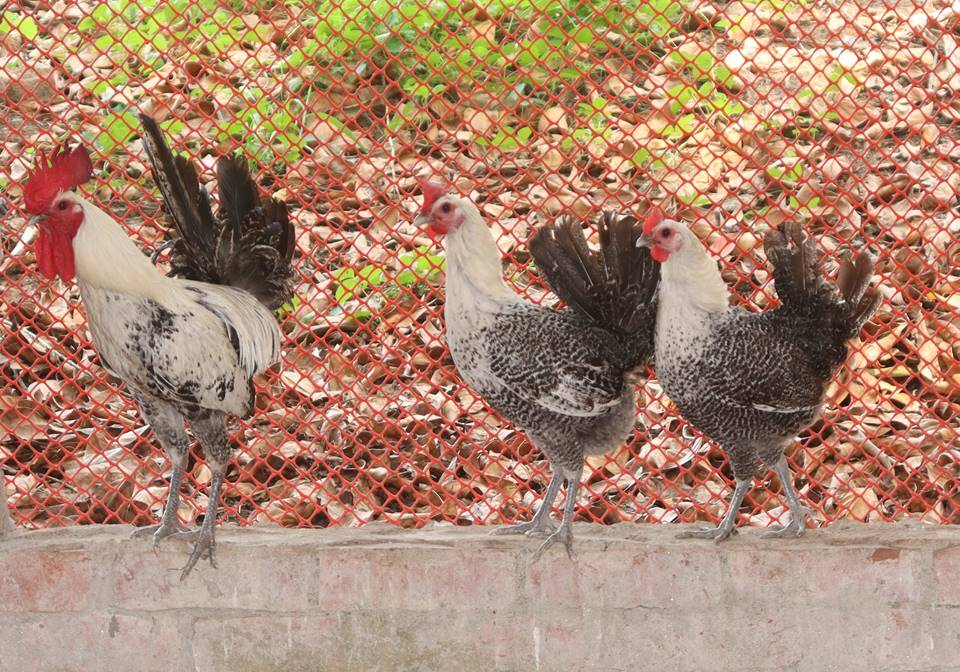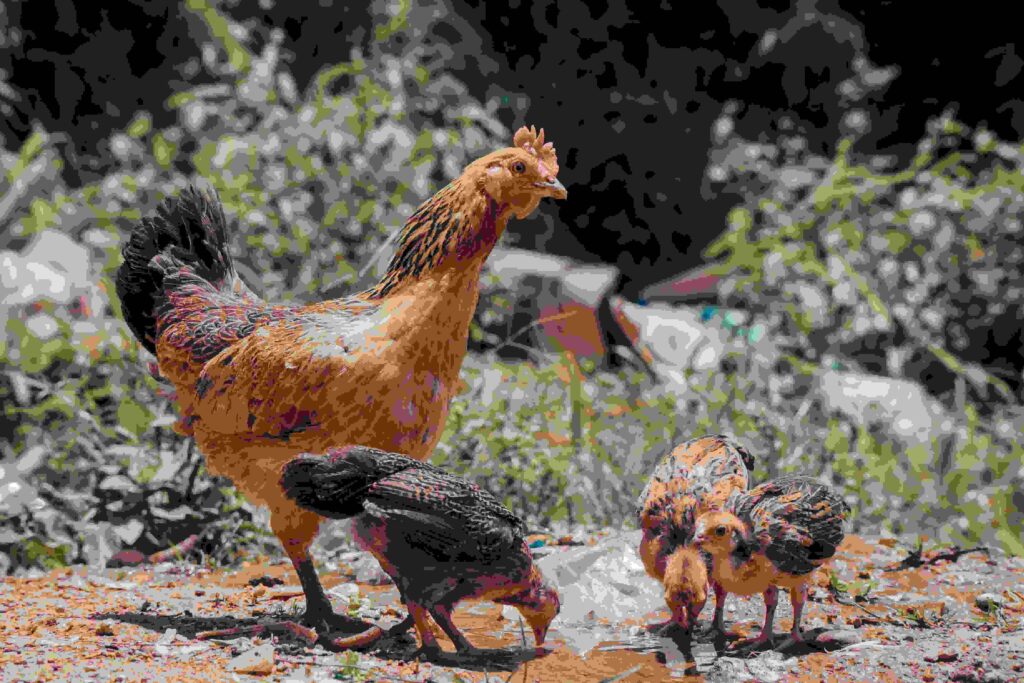Setting up a small-scale organic chicken farm can be a rewarding endeavor both economically and environmentally. As consumer demand for organic products rises, organic chicken farming presents a viable opportunity for sustainable agriculture. This essay provides a comprehensive guide on how to establish a small-scale organic chicken farm, covering essential aspects such as planning, setup, management, and marketing.
Planning and Research
The first step in setting up a small-scale organic chicken farm is thorough planning and research. Begin by understanding the principles of organic farming, which emphasize sustainability, biodiversity, and the avoidance of synthetic inputs such as pesticides and antibiotics. Familiarize yourself with local regulations and certification requirements for organic farming, which may vary depending on your location.
Conduct market research to determine the demand for organic chicken products in your area. Identify your target market and potential competitors. Understanding market dynamics will help you tailor your production and marketing strategies to meet consumer preferences.
Choosing a Location
Selecting an appropriate location is crucial for the success of your organic chicken farm. Look for a site with good drainage, ample sunlight, and protection from strong winds. The location should have enough space to accommodate housing, free-range areas, and future expansion. Access to clean water and proximity to feed suppliers are also important considerations.

Designing the Farm Layout
An effective farm layout is essential for optimizing space and ensuring the well-being of your chickens. The layout should include chicken coops, free-range areas, feeding and watering stations, and storage for feed and equipment.
Chicken Coops: Organic standards require chickens to have access to outdoor areas. Design coops that provide sufficient space, ventilation, and natural light. Each chicken should have at least 1.5 to 2 square feet of indoor space and 8 to 10 square feet of outdoor space.
Free-Range Areas: Create secure, fenced areas where chickens can forage and exercise. Rotational grazing is recommended to prevent overgrazing and soil depletion. Planting a variety of grasses and legumes can enhance the nutritional quality of the pasture.
Sourcing Chickens
Choose breeds that are well-suited for organic farming and your specific climate. Popular breeds for small-scale organic farms include Rhode Island Reds, Sussex, and Plymouth Rocks, known for their hardiness and egg-laying capabilities. Purchase chicks from reputable hatcheries that follow organic practices.
Feeding and Nutrition
Organic chicken farming requires the use of organic feed, which must be free from synthetic additives, antibiotics, and genetically modified organisms (GMOs). You can either purchase certified organic feed or produce your own by growing organic grains and legumes. A balanced diet is essential for the health and productivity of your chickens. Supplement their diet with kitchen scraps, greens, and natural supplements like oyster shells for calcium.
Health and Welfare
Maintaining the health and welfare of your chickens is paramount in organic farming. Preventative measures include proper sanitation, regular health checks, and maintaining a stress-free environment. Vaccinations should be done as per organic standards, and any illness should be treated with natural remedies or approved organic treatments.
Implement biosecurity measures to prevent disease outbreaks. This includes controlling access to the farm, disinfecting equipment, and quarantining new or sick birds. Providing dust baths, perches, and nesting boxes can enhance the chickens’ well-being and reduce stress.
Record Keeping and Certification
Accurate record-keeping is essential for obtaining and maintaining organic certification. Keep detailed records of feed sources, health treatments, and production practices. These records will be reviewed during certification inspections.
To become certified, apply through a recognized organic certification body. The process involves an application, an on-site inspection, and a review of your records. Certification ensures that your farm meets organic standards and allows you to market your products as organic.
Marketing and Sales
Develop a marketing strategy to promote your organic chicken products. Emphasize the benefits of organic farming, such as the absence of synthetic chemicals, better animal welfare, and environmental sustainability. Utilize various marketing channels, including farmers’ markets, local grocery stores, restaurants, and online platforms.
Building a strong brand identity can help differentiate your products. Use attractive packaging, create a farm website, and engage with customers on social media. Offering farm tours and participating in community events can also enhance your farm’s visibility and reputation.
Financial Planning and Management
Establishing a small-scale organic chicken farm requires a significant initial investment. Costs include land, infrastructure, equipment, chickens, feed, and certification fees. Develop a detailed business plan outlining your budget, projected expenses, and revenue. Seek funding options such as agricultural grants, loans, or crowdfunding if needed.
Effective financial management is crucial for long-term sustainability. Monitor your expenses, track your income, and regularly review your financial performance. Adjust your strategies as necessary to ensure profitability.
Summary
Setting up a small-scale organic chicken farm is a multifaceted process that requires careful planning, dedication, and adherence to organic principles. By choosing the right location, designing an efficient farm layout, sourcing quality chickens, providing balanced nutrition, and ensuring high welfare standards, you can establish a successful organic chicken farm. Obtaining organic certification and implementing effective marketing strategies will help you reach your target market and build a profitable enterprise. With the growing demand for organic products, your investment in sustainable and ethical farming practices can yield significant rewards both for you and the environment.




Your point of view caught my eye and was very interesting. Thanks. I have a question for you.